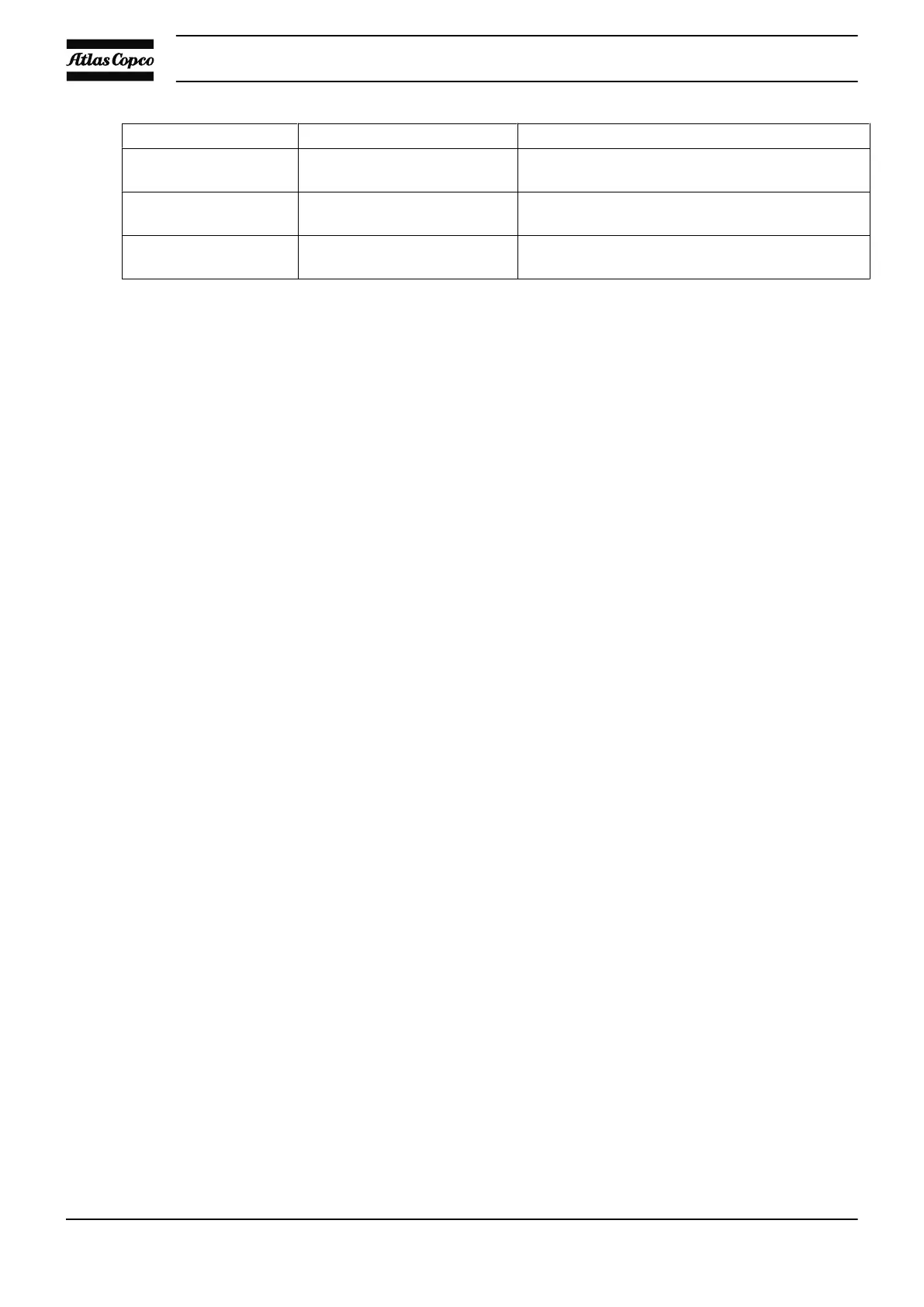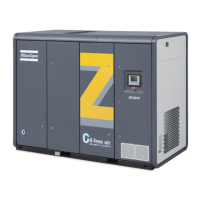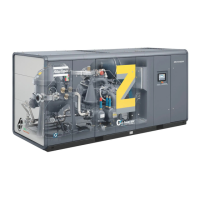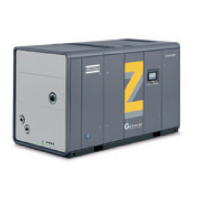RSI Water condition Action
7.6<RSI<9.0 Strong corrosion Regular inspection necessary, use of corrosion
inhibitor recommended.
9.1<RSI<11 Very strong corrosion Regular inspection necessary, use of corrosion
inhibitor required.
RSI>11 Very strong corrosion in
complete water system
Water should not be used.
The table indicates that distilled or demineralised water should never be used, as their RSI is > 11.
The RSI only indicates the equilibrium of scaling - descaling. A cooling water showing good RSI conditions
can still be unsuitable due to other factors.
From the table above, the RSI index should be between 5.6 and 7.5; otherwise, contact a specialist.
pH
The effect of pH is already calculated in the Ryznar index, but the pH itself has some additional limitations :
6.8 < pH < 8.5
Total dissolved solids (TDS)
This is the sum of all the ions in the water. It can be derived from the dry residue after evaporation (but not
including suspended solids), or it can be estimated from the electrical conductivity.
In a closed system, the following limits apply : TDS < 3000 mg/l (< 3800 microS/cm)
For an open system, the following limits apply : TDS < 750 mg/l ( < 960 microS/cm)
Chlorides (Cl
-
)
Chloride ions will create pitting corrosion on stainless steel. Their concentration should be limited:
Closed cooling system : chlorides < 500 ppm
Open cooling system : chlorides < 150 ppm
However, if the water is scaling, lower limits should be used. (See The Ryznar stability index (RSI)).
Free chlorine (Cl
2
)
A level of 0.5 ppm should not be exceeded for long periods.
For shock treatments, a maximum limit of 2 ppm for maximum 30 minutes/day applies.
Sulphates (SO
4
--
)
Closed cooling system : sulphates < 400 ppm
Open cooling system : sulphates < 150 ppm
Carbonate hardness
Closed cooling system : 50-1000 ppm CaCO
3
Open cooling system : 50-500 ppm CaCO
3
Instruction book
92

